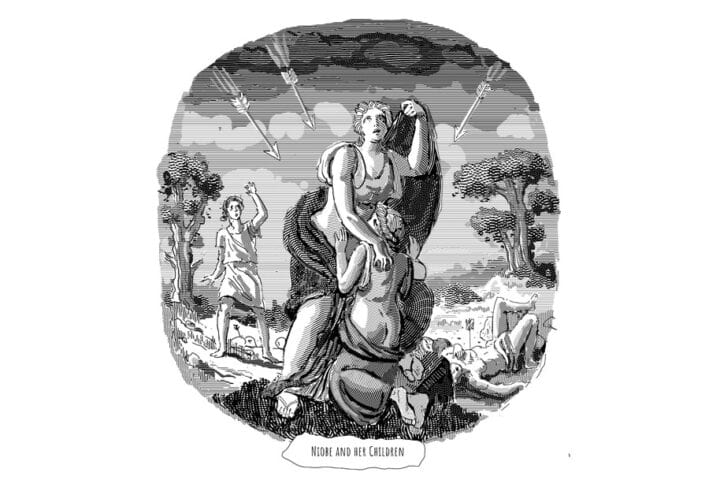Books Reviewed
John Rawls (1921–2002) taught philosophy at Cornell, MIT, and (for most of his career) Harvard. He earned worldwide renown with his 1971 book, A Theory of Justice, the product of two decades of labor. In it, Rawls undertook to defend a “liberal” understanding of justice based on the notion of “justice as fairness.” To establish such an understanding, he proposed a thought experiment: imagine a negotiation between self-interested parties in an “original position” operating under a “veil of ignorance,” each knowing nothing about the others’ particular capacities and aims. Just principles would then be those on which the hypothetical participants in this exchange could agree.
From this experiment, Rawls derived two principles of justice. The first was that those individual liberties which he considered “basic” must be maximized, given priority over other “social and economic” goods. The second was the so-called “difference principle,” which stipulated that while all must be afforded “fair equality of opportunity,” “social and economic inequalities” must be designed to benefit the “least advantaged” members of society. Unlike previous social-contract philosophers such as Thomas Hobbes and John Locke, Rawls made no attempt to base his arguments on any foundational claims about human nature. Instead, he attempted to systematize




